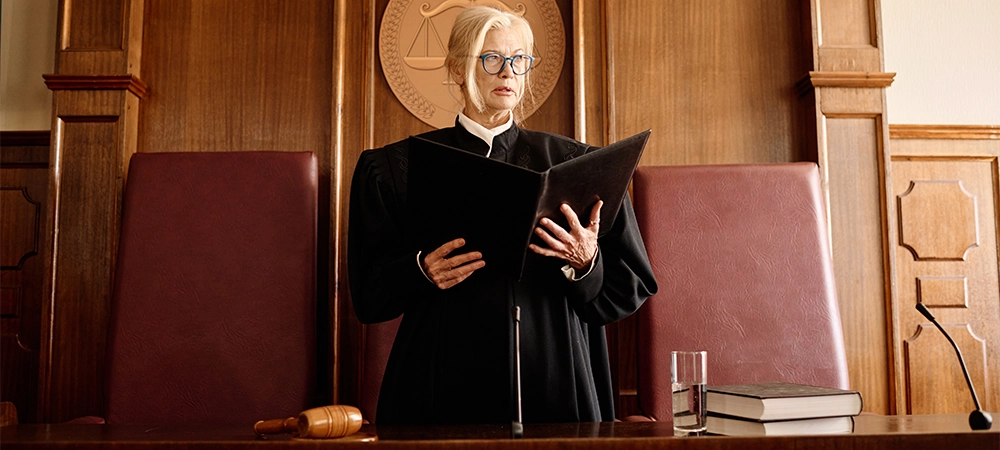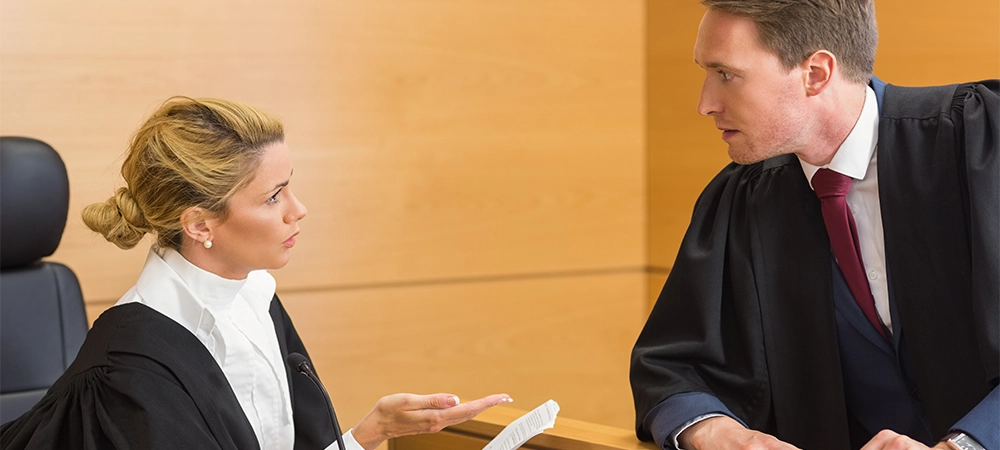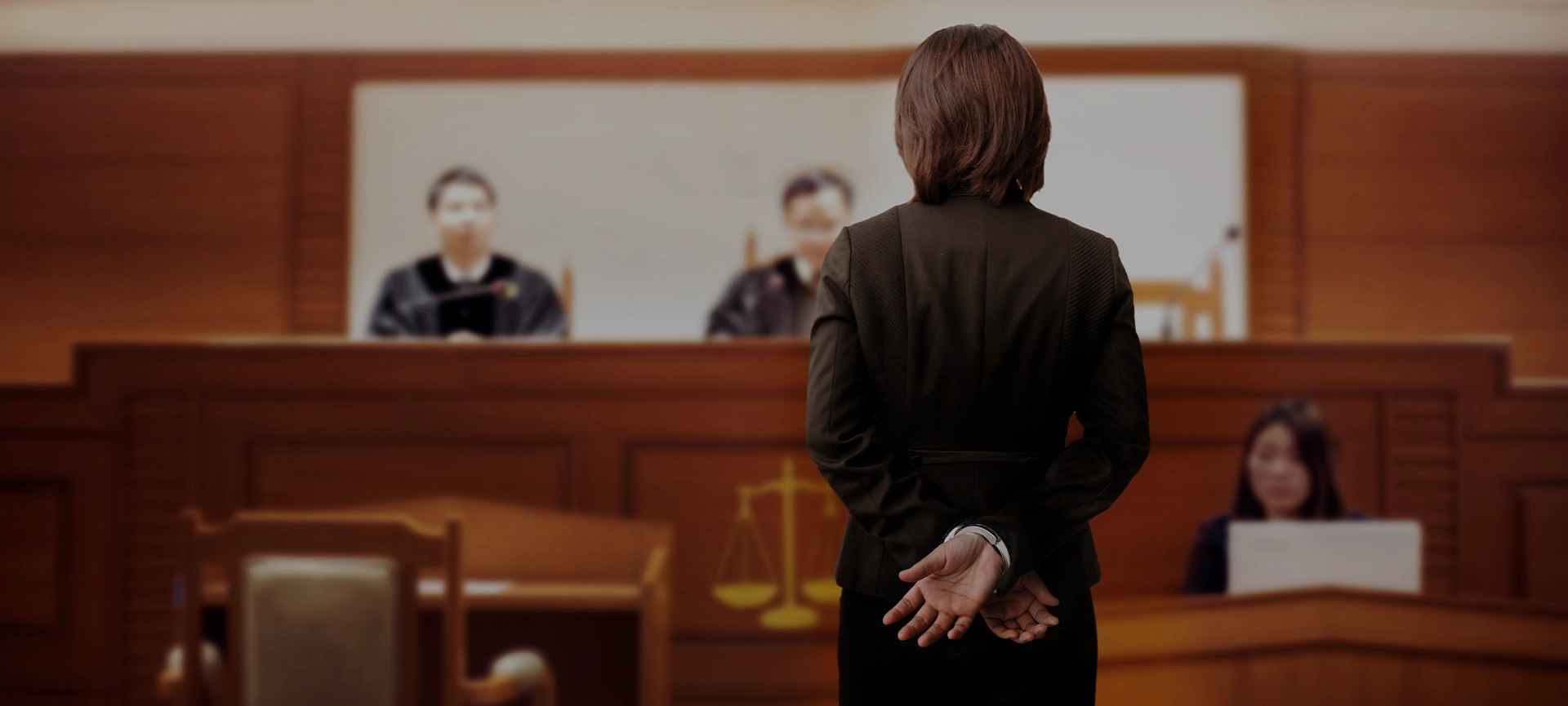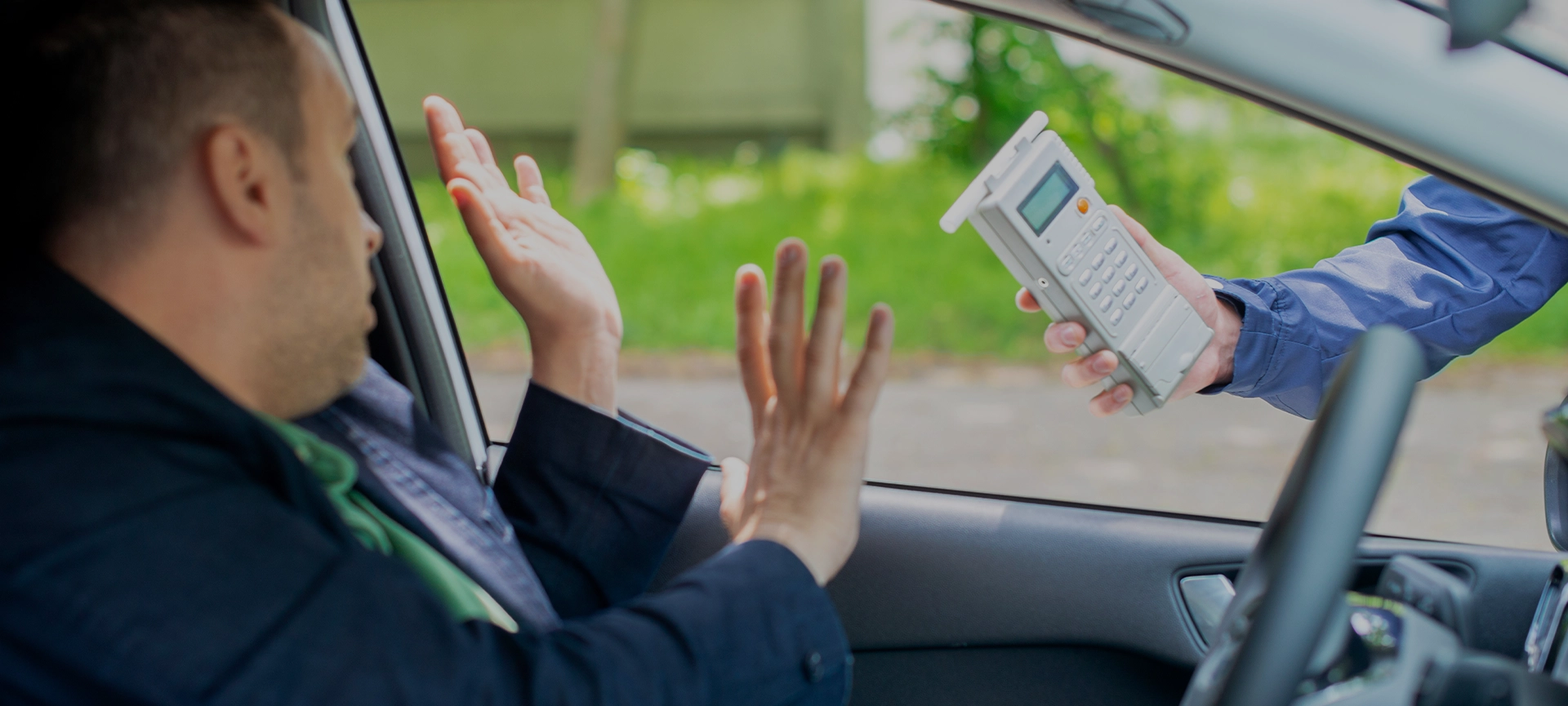If you have been arrested and kept in custody, you will face a bail hearing. These cases should be seen within 24 hours of the arrest, and this is one of Canada’s fundamental legal principles.
At these hearings, either the prosecution or the defence can argue against or for your release until trial. But what exactly does “bail hearing show cause” mean and how does it affect a person’s chances of being granted bail? Here we’ll find out.
Understanding Bail Hearings in Canada
A bail hearing determines whether an arrested person should be granted bail or remain in custody until their trial. You generally have the right to be released on bail unless there is just cause for your detention.
It’s this cause that can be argued in a bail hearing. There can be an uncontested bail where the prosecution provides no argument. However, if the bail is contested, the Crown or defence will need to “show cause” for the judge or justice of the peace to make their decision.
Related Article: https://www.agpllp.ca/what-is-a-bail-hearing-and-how-long-does-it-take/
The Burden of Proof in Show Cause Hearings
There are two main types of show cause hearings, with both having a slightly different burden of proof.
1. Primary Burden on the Crown
The status quo is the Crown has the burden of responsibility for proving the accused should be denied bail. They need to “show cause” as to why the accused being released would lead to potential issues.
One of the reasons to deny bail is to ensure the accused will attend the court when required. Another is if they are perceived to be a risk to public safety and may commit further criminal facts. Finally, bail can also be denied to maintain confidence in the justice system.

2. Reverse Onus Bail Hearings
There can also be reverse onus bail hearings. This is where the burden of proof will switch to the defence and they will need to prove why the accused should be released. This only usually happens with more severe crimes.
As well as serious criminal charges, you may have a reverse onus for circumstances such as the accused being arrested while being on bail or having violated bail conditions. The accused and their defence must provide a compelling reason for the release.
Factors Considered in a Bail Hearing Show Cause
There are quite a few different factors that will be considered in a show cause bail hearing. These include:
Criminal History – With a significant criminal history, the court may deem you to be at a high risk of reoffending.
Bail History – The court may also have concerns if you have missed court dates before or have breached bail conditions.
Seriousness of the Charges – The more serious the charge, the bigger the risk. For crimes that carry long sentences, you’re more likely to be kept in custody.
Ties to the Community – Those with strong family ties, stable employment and plenty of community support will be seen as lower risk.
Proposed Bail Conditions – The court will also determine what bail conditions would have to be applied, and the likelihood of these bail conditions being met.
Bail Conditions in Canada
If bail is granted, this will usually come with specific conditions. The exact conditions given can depend on the case, but here are some examples.
- No Contact Orders
- Travel Restrictions
- Curfews or house arrest
- Electronic Monitoring
- Surety Requirements (A responsible person to supervise the accused)
Legal Representation in Bail Hearings
It’s common knowledge that lawyers are essential for criminal trials, but they can also be vital in bail hearings. These hearings can often act like mini trials in themselves with arguments and evidence being presented on both sides.
There will be no arguments about your guilt in these hearings, but an experienced bail hearing lawyer can greatly increase your chances of enjoying freedom until your trial. For superior court cases, you can be in custody before a trial for up to 30 months.
A criminal lawyer will not only present strong arguments for your release but also challenge the Crown’s evidence. Along with this, they can argue for more suitable bail conditions along with ensuring your rights are being adhered to.
There are other reasons to choose an experienced lawyer too. A lawyer being at your bail hearing will immediately make them more familiar with your case, helping them further down the line at the trial. Added to this, this will also be able to guide you through the process and ensure all conditions and procedures are being met.
Related Article: https://www.agpllp.ca/do-you-need-a-lawyer-for-a-bail-hearing/

Final Thoughts
The quality of your lawyer and their argument can have a huge influence on bail. People release on bail have a much better chance to achieve favourable results at trial.
Being denied bail can have a huge impact on your life, even if you are eventually found not guilty at trial. If you are in need of experienced legal representation, contact AGP LLP right away and we’ll be happy to explain how we can help.





